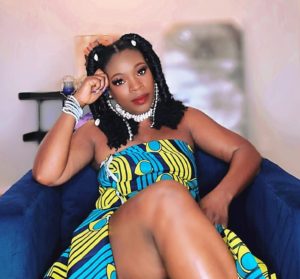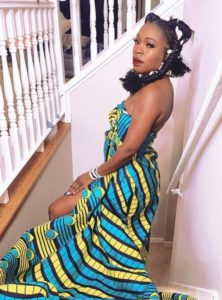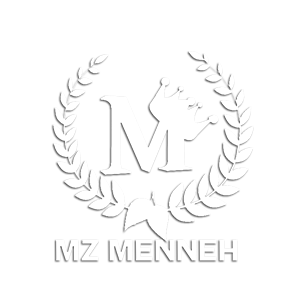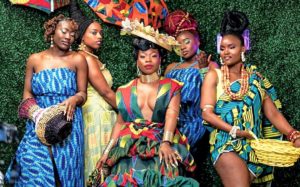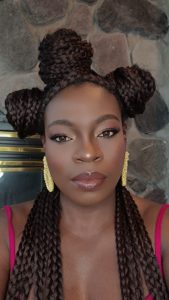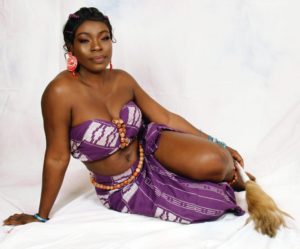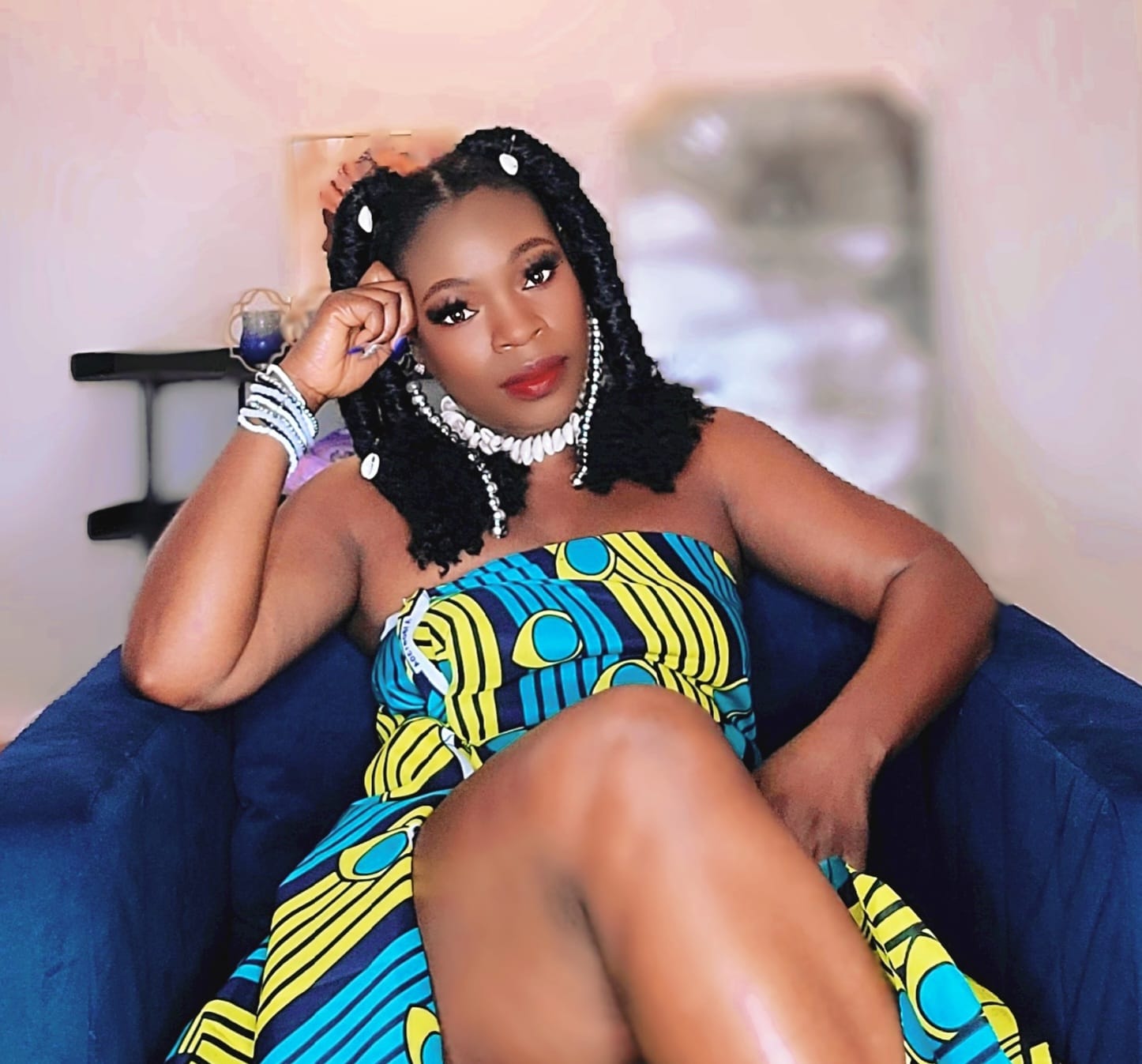
Music and political wars have been used together in many political and cultural contexts to reach the intended audience to deliver a particular political message. The very nature of politics is, like music, rooted in conflict and harmony. Both music & politics seek to inspire their targets, and both have made great use of the other to advance their ideas. While we encourage you all to go out and vote for your favorite politician, we also thought it would be an excellent time to examine. As described by Paul A. Smith, political warfare is “the use of political means to force an opponent to do his will, usually through words, images, and ideas.” Music is helpful because it creates an easy and memorable note on how to deliver the message you want. Music is instrumental in propaganda. Jacques Ellul stated that for propaganda to be effective, it must “fill every day of every citizen and every day.” Since music is often regarded as a hobby, it is rarely considered threatening as some propaganda channels and as a form of entertainment. Result messages can usually be transmitted confidentially without explicit recognition. In campaigns, music may feature anti-establishment or protest themes, including anti-war songs and pro-establishment ideas, such as national anthems, patriotic songs, and politics. Many of these songs can be called the best songs.
Liberia’s presidential aspirants have caused unprecedented division in the musical circle – as many musicians are using the spotlight to let their fans know whose tune they are dancing to and canvassing voters at every opportunity. Protest music has always been a basic form of political expression in Liberia. And in times of political and social turmoil, it becomes an important refuge – for artists, as a way to release their frustrations and beliefs and for listeners who need to cry. Popular music has a long and varied association with politics. It provided the voice of political protest and became a political test. But while these most common aspects of pop political connections have been noted over time, they have not received much scholarly attention. There are other aspects of the relationship – the state’s role as a sponsor of popular music. They are not very well received. This article explores various aspects of the interaction between popular music and politics and states that the study of music can affect our understanding of political thinking and actions. Like music in Liberia, the nature of politics is based on conflict and harmony. The heart of music is physical and mental communication because the balance between you creates everything that is connected. Consensus is also at the heart of the political process, which seeks to find standard solutions to social problems through open communication and peace. They both deal with their confidence as they choose to embark on their play activities. As we urge you to go out and vote today, we thought it would be an excellent time to see how music and politics are intertwined.
The impact of music has made many African politicians, including dictators, use it as the background of their political goals. This thesis explores how artists help rebuild to impose tyranny through Yahya Jammeh’s regime in the Gambia (1994 to 2016) case. This research is based on the work of related experts as well as in-depth discussions built with eleven respondents (six influential artists, two DJs (TV/radio presenters), and top three(formerly) government officials) as the primary sources of data. Five songs that burn the political grass are too selected and analyzed to understand the talks they are broadcasting. In Liberia, music and artists play an essential role in history. The full impact of music permeates all aspects of Liberian society and is at the heart of social and cultural life throughout the continent (Onyebadi, 2019, p. XV; Fayola & Fleming, 2012). Almost all individual or collective activities in African societies. And the Ian Index of the different roles of musical instruments in dance-related African communities. For example, listening to music is common on religious, formal, and festive occasions for farmers, bunkers, and other professionals in African societies. In modern Africa, the only rule is the essential aspect of music. Onyebadi (2019) argues that “perhaps, there is no place for human activity and work in Africa with music. They are more widespread, invisible, and powerful than the political arena. Popular music found around the world contains political messages such as those relating to social issues and racism. For example, Lady Gage’s song “Born This Way” is commonly known as the international gay hymn, as it constructively discusses homosexuality and conveys the idea that it is natural. In addition, the natural disaster of Hurricane Katrina received a significant political response from the Hip hop music community. The content of the music turned out to be a reflection of the complex evolution of society, especially the black community, while also creating a sometimes-contr oversial protest over how to handle the tragedy afterward.

